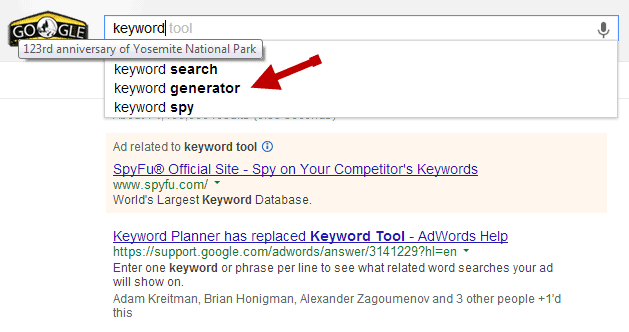 For years, Google has been the rulebook writer, referee, and judge of search engine optimization. Now they’re at it again with the Hummingbird release, which Google announced September 26.
For years, Google has been the rulebook writer, referee, and judge of search engine optimization. Now they’re at it again with the Hummingbird release, which Google announced September 26.
If you’re wondering how this affects you, you aren’t alone. After the Panda and Penguin updates, scads of website owners had to scramble to “fix” their SEO strategy to remain compliant with Google’s new requirements.
Here’s a quick review of the algorithm change and what you need to know.
What’s Hummingbird?
Whereas Panda and Penguin were updates to sections of Google’s algorithm, Hummingbird is a rewrite of the entire thing. Google hasn’t rewritten the entire algorithm in about 12 years, according to Barry Schwartz, so it was probably long overdue.
Hummingbird does incorporate Panda and Penguin—I’m guessing those updates were high-priority changes that Google wanted to implement before a total re-do. But once they were in place, apparently Google got to work on updating everything else.
Their goal this time around? To make search as hassle-free as possible:
We’ll keep improving Google Search so it does a little bit more of the hard work for you. This means giving you the best possible answers, making it easy to have a conversation and helping out before you even have to ask. Hopefully, we’ll save you a few minutes of hassle each day.
I haven’t heard any reports yet of major ranking shifts since Hummingbird was released. Barry mentioned rumblings in the forums in late August and early September, so rumors were flying that Google was making changes, but nothing was confirmed.
The biggest change that I’ve heard of—the one that affects marketers the most—is that 100% of keywords are now not provided. Not only that, Google has removed its keyword tool.
Does that affect you? Sure. But here’s the thing: If you understand what Google’s trying to do, it shouldn’t matter. Google has made it clear they’re looking for high-quality content that is aimed at users, not search engines.
Focus on that, and no Google update will bother you.
Stop looking at the numbers
Since search engines (ahem, Google) came into the scene, people have been trying to use their understanding of algorithms to their own advantage. If Google ranks by keywords, webmasters will stuff their pages with keywords. If external links, they’ll join linking schemes.
These marketers work hard to learn the rules so they can break them.
It’s a game. The winner claims the #1 spot in the SERPs. But the losers aren’t other marketers. They’re the end users, the people searching for answers to their questions and getting junk results instead of valid information.
Case in point: As a writer, I use Google a lot for research. Before the Panda update, when researching an article, my first 20 clicks would turn up the exact same article. I had to search to page 10 and beyond if I wanted to find unique information on a topic.
That’s why Google started changing the rules. The end user is their customer—and to deliver a better product (search results), they have to penalize websites that don’t prioritize the user.
Give the people what they want
By removing keywords data and research tools, Google is hoping to make it harder for marketers to fixate on the things that don’t matter, namely, keywords. Here’s why…
People use search engines when have questions. They want to be able to click on one or several links to find useful information that answers those questions.
If you’re providing the kind of information that answers questions, Google wants you to rank well.
With Hummingbird, Google is forcing the issue. They’re essentially saying, Stop playing games: get to know your customers, the questions they’re asking, and the things they care about. Then write Web pages that address their needs. Trust us to find you.
But that’s the problem.
Marketers don’t really trust search engines to find them. Think about it. How many excellent blogs exist out there with great information, yet rank on page 25+ because Google hasn’t “found” them yet?
Plenty.
Trusting Google isn’t a good strategy. But there are other things you can do to give you a fair chance of ranking well.
1. Use Bing’s keyword tool if you want to see what people are searching for.
2. Use Google search to see their suggested terms. Google still recommends keywords to users entering a search term.
3. Really, truly get to know your customers. Talk to them. Listen to what they’re asking and how they phrase the questions. You can be relatively certain those are the keywords they’re using in search. So use them in your content too.
4. Focus on creating lots of valuable content for your prospects and customers. Focus on them, not the numbers.
5. Get active in social media. Google ranks content that people share and respond to. They also rank content created by recognized experts, identified by trust signals (like getting shared a lot).
See the corollary? Get social. Build relationships so Google recognizes that you can be trusted.
Now you
Has Hummingbird affected your page rank? Has it changed your approach to SEO? Share your thoughts in the comments.



